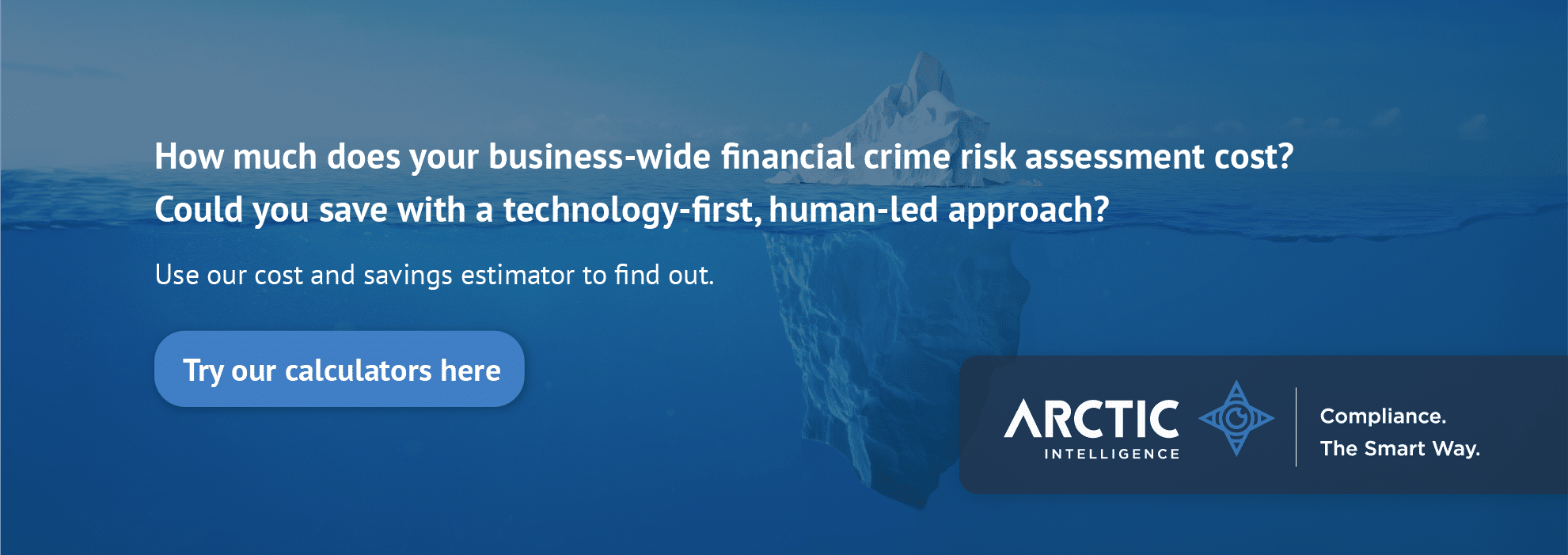In an increasingly interconnected world, the fight against money laundering (ML) and terrorism financing (TF) has become a top priority for governments, regulatory bodies, and financial institutions. Conducting effective money laundering and terrorism risk assessments is a crucial step in identifying and evaluating potential risks associated with these illicit activities. By understanding the vulnerabilities and implementing appropriate safeguards, risk assessments play a vital role in safeguarding the integrity of the financial system and protecting society at large.
Identifying Potential Risks:
Enterprise or business-wide ML/TF risk assessments provide a systematic approach to identifying and understanding the risks associated with money laundering and terrorism financing. They involve a comprehensive evaluation of a variety of factors, including environmental risks, customer risks, channel risks, product and services risks, transaction risk and geographical risks, interwoven into a comprehensive ML/TF risk assessment methodology.
By analysing these elements, regulated businesses can identify and analyse the risks and vulnerabilities that they may be exposed to by organised criminal networks using their organisations to launder the proceeds of their crimes.
Evaluating Vulnerabilities:
Enterprise or business-wide ML/TF risk assessments also help institutions evaluate their own vulnerabilities to money laundering and terrorism financing activities. By assessing the design and operational effectiveness of internal systems, policies, procedures, and controls, organisations can identify areas that may be susceptible to exploitation by criminals. This evaluation enables the implementation of appropriate measures to mitigate and manage the identified risks effectively. It ensures that regulated businesses are equipped to detect, prevent, and report suspicious activities in accordance with regulatory requirements.
Regulatory Compliance:
Enterprise or business-wide ML/TF risk assessments are not only crucial for mitigating risks but also a legal and regulatory obligation for regulated businesses operating in the financial services, gaming, gatekeeper professions and high-value goods dealer sectors.
Governments and regulatory bodies worldwide require organisations to demonstrate effective risk management practices, including thorough ML/TF risk assessments. Failure to comply with these requirements can lead to severe consequences, including financial penalties, reputational damage or even a loss of license to operate.
Enhancing Due Diligence:
Enterprise or business-wide ML/TF risk assessments enable regulated businesses to enhance their due diligence processes, ensuring that they have a deeper understanding of their customers, their transactions, and the purposes behind them. By implementing robust customer due diligence measures, such as Know Your Customer (KYC) and Enhanced Due Diligence (EDD), financial institutions can effectively verify the identity of customers, assess the legitimacy of transactions, and detect potential signs of money laundering or terrorist financing.
Preventing Financial Crime:
By conducting enterprise or business-wide ML/TF risk assessments, regulated businesses can proactively identify and address vulnerabilities before they are exploited by criminals. These assessments enable the implementation of risk mitigation measures, such as customer due diligence, transaction monitoring systems, employee training programs, and the development of other internal controls. By implementing these safeguards, regulated businesses can detect and prevent suspicious activities, thereby disrupting the flow of illicit funds and curbing the financing of terrorism.
Conducting enterprise or business-wide ML/TF risk assessments is an essential component of combating money laundering and terrorist financing. By systematically identifying potential risks and evaluating vulnerabilities, regulated businesses can enhance their ability to detect, prevent, and report suspicious activities. Moreover, ML/TF risk assessments contribute to regulatory compliance, ensuring that regulated businesses meet their legal obligations.
Ultimately, these assessments play a crucial role in protecting the integrity of the financial system, safeguarding society, and preserving trust in the global economy.
About Arctic Intelligence
Arctic Intelligence is a regulatory technology firm that specialises in financial crime risk assessment cloud-based solutions.
Arctic has helped hundreds of businesses of varying sizes across many industry sectors and countries transition from spreadsheets to digitization and automation of financial crime risk assessments.
Our team of financial crime and technology experts have developed two multi-award-winning financial crime risk assessment platforms:
AML Accelerate Platform – designed for small and medium sized companies in over 30 industry sectors, in more than 30 countries. Guides you to conduct enterprise-wide money laundering and terrorism financing risk assessments, document AML/CTF Programs and track and monitor issues, breaches and incidents real-time.
Risk Assessment Platform – designed for larger companies to conduct risk assessments for financial crime and other risk domains. The Risk Assessment Platform is a highly-configurable platform that can be tailored to your organisation’s risk assessment methodology, risk and control libraries relevant to their business and execute these across multiple countries, operating groups or business units, producing real-time aggregated dashboards and reports.
Get in touch with our team for a demo today.
Follow us on LinkedIn and Twitter for a daily dose of financial crime news across the globe.



